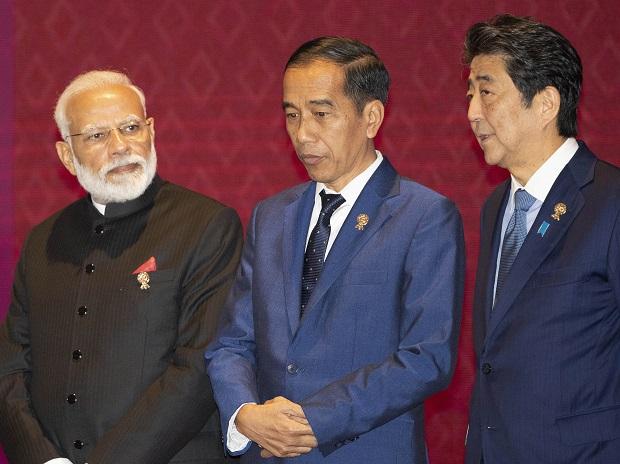On 15 November 2020, the Regional Comprehensive Economic Partnership (RCEP) was signed by 15 countries, India has decided to opt out from RCEP. India had taken this decision last year after walking out of discussion last year. Well the doors for India will remain open but first let’s know how RCEP will impact our country?
WHAT IS RCEP?
RCEP is said to be the largest regional trading agreement, which was originally negotiated between 16 countries
- ASEAN members
- Countries with which ASEAN members have Free Trade Agreement (FTAs) which are
- Australia
- China
- Korea
- Japan
- New Zealand
- India
PURPOSE OF RCEP
RCEP was initiated to make the products and services of these countries available across the region in an easier way. The negotiations of this deal started in 2013 and India was going to be a part of this deal until last November when it decided to opt out from RCEP.
WHY DID INDIA OPT OUT FROM RCEP?
On 4 November 2019, India decided to exit the discussions over significant outstanding issues. As per government officials, India has been consistently raising fundamental issues throughout the negotiations and was prompted to take this decision as the points raised by India were not resolved by the deadline to commit to signing the deal. The decision taken by India was in interest to safeguard agriculture and airy industries and to give an advantage to the service sector.
The current structure of RCEP still does not address these concerns.
HOW WOULD THIS DECISION IMPACT INDIA?
As the countries involved in the deal account for over 2 billion population of the world, it’s been speculated that this decision would impact India’s bilateral ties with RCEP member nations as they may be more inclined towards the countries who signed the deal. This would leave India with very less scope to target large markets.
Some countries like Japan are trying to get India back in the deal so there are also concerns that this would also impact India’s Australia-India-Japan network in the Indo pacific









